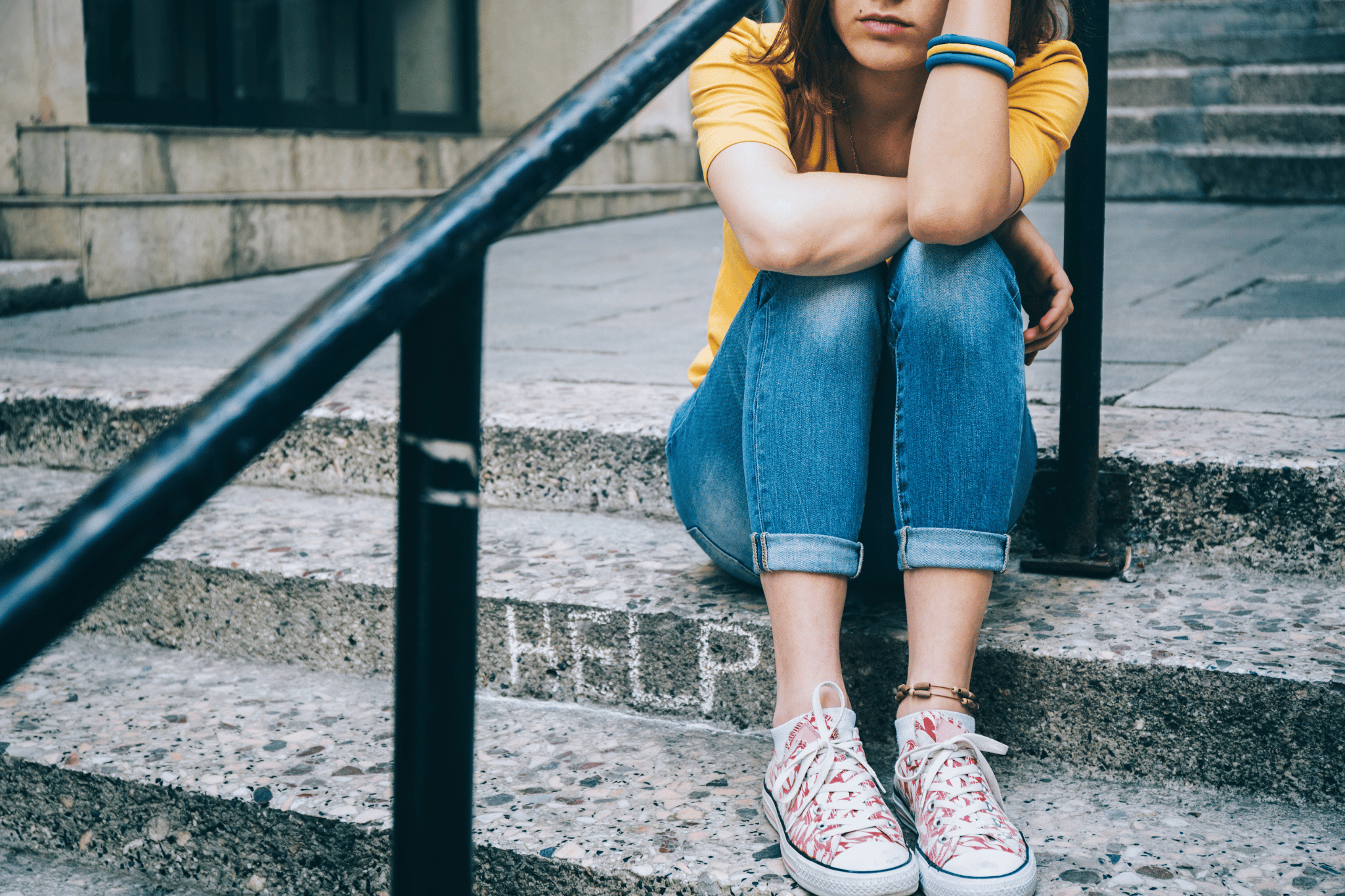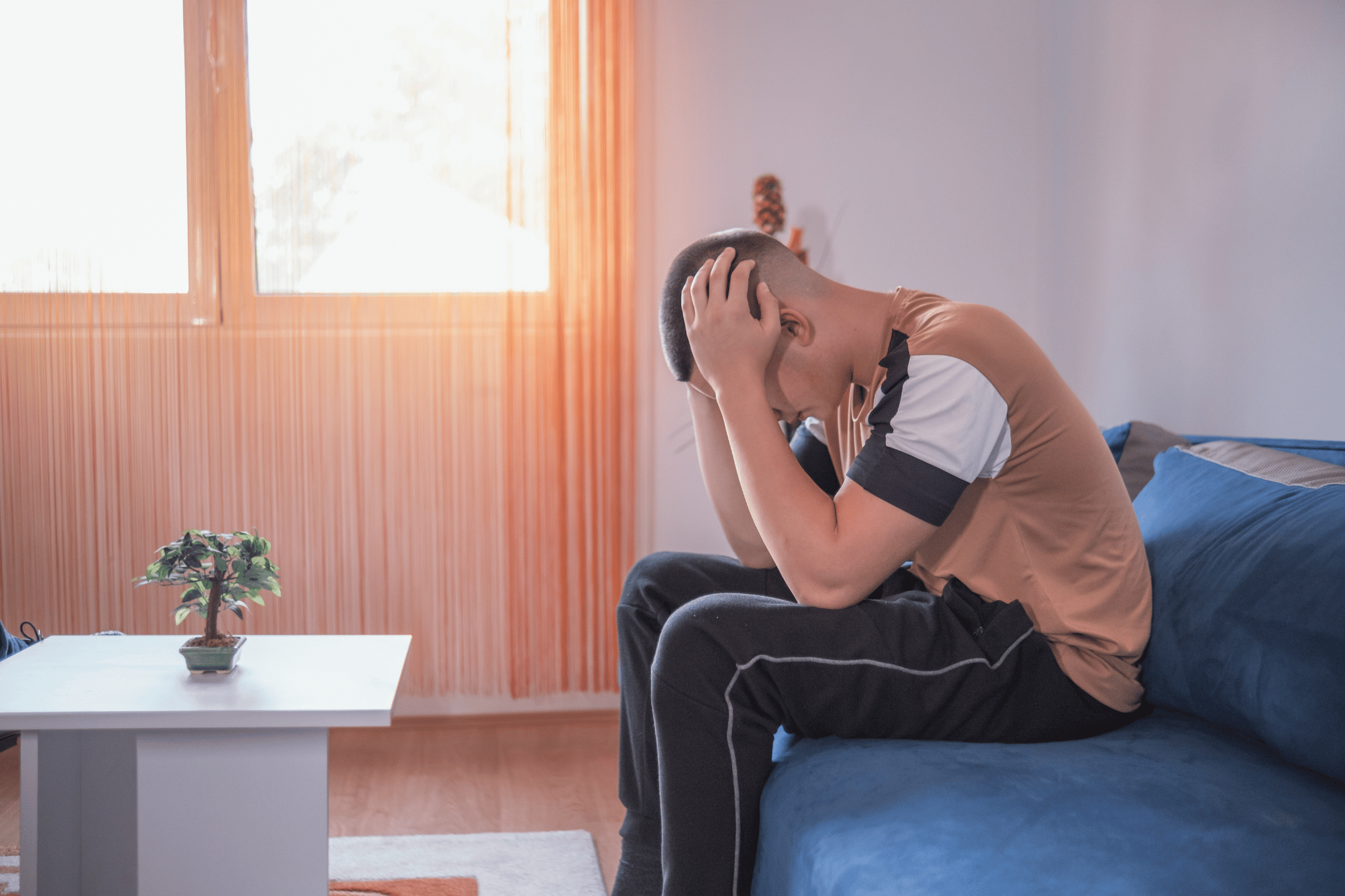Adolescent Anxiety Relief
Anxiety in teenagers is a common but serious mental health issue. Many adolescents experience anxiety that interferes with daily life, social interactions, and academic performance. Early recognition and effective treatment of anxiety disorders can improve a teen’s quality of life and reduce long-term effects.
Understanding Adolescent Anxiety
Definition of Adolescent Anxiety
Adolescent anxiety refers to excessive fear or worry that affects a teen’s thoughts, feelings, and behavior. It goes beyond typical stress responses and often disrupts everyday activities. Anxiety in adolescents may present as emotional disturbance or physical complaints, such as abdominal pain or chest pains.
Types of Anxiety Disorders in Teens
The most common types of anxiety disorders in adolescents include generalized anxiety disorder, social anxiety disorder, separation anxiety disorder, panic disorder, and obsessive-compulsive disorder. Each disorder has distinct symptoms but shares common signs like avoidance behaviors, excessive fear, and emotional distress. Adolescent anxiety disorders may also co-occur with depressive disorder or autism spectrum disorders. A differential diagnosis by a mental health professional is often needed.
Difference Between Anxiety and General Stress
Stress is a temporary reaction to challenging situations. It usually resolves on its own. Anxiety is a persistent condition that interferes with school, social activities, and daily life. It often requires clinical intervention, therapy for anxiety disorders, or pharmacotherapy for anxiety disorders.
Recognizing Symptoms of Anxiety in Adolescents

Physical Symptoms
Teens may experience physical symptoms such as rapid heartbeat, abdominal pain, headaches, dizziness, and fatigue. These symptoms often lead to medical visits without a clear physical cause. They are signs of anxiety symptoms that require mental health assessment.
Emotional and Behavioral Symptoms
Emotional symptoms include persistent worry, irritability, and restlessness. Behavioral signs involve avoidance of social situations, decline in academic performance, and refusal to attend school. These symptoms reduce a teen’s ability to function and signal adolescent anxiety disorders.
Causes of Adolescent Anxiety
Genetic Factors
A family history of anxiety or other psychiatric disorders can increase the risk of anxiety in adolescents. Studies including clinical trials and clinical interviews have shown a genetic link. Parental anxiety can also influence a child’s emotional regulation and coping responses.
Environmental Influences
Anxiety in children and teens may result from unstable home environments, past trauma, or exposure to emotional conflict. Excessive screen time and social media usage are modern contributors to feelings of anxiety and emotional disorders.
School and Social Pressures
Academic performance, peer pressure, and fear of public speaking are key stressors. Teens with social anxiety disorder may avoid classroom participation or other social interactions. This avoidance leads to further isolation and decreased quality of life.
Treatment Options for Adolescent Anxiety

Self-Care and Lifestyle Changes
Physical activity, regular sleep, and healthy eating support emotional balance. Relaxation techniques like deep breathing, journaling, and screen breaks help reduce anxiety symptoms and support long-term emotional stability.
Professional Therapies
Cognitive behavior therapy is considered a first-line treatment for pediatric anxiety disorders. This approach uses cognitive restructuring and exposure techniques to help teens challenge negative thoughts and face anxiety-provoking situations. Behavioral therapy and systematic desensitization are also effective. According to the U.S. Preventive Services Task Force and American Academy of Child and Adolescent Psychiatry, evidence-based treatments offer consistent improvement in primary anxiety outcomes.
Medication
When needed, selective serotonin reuptake inhibitors or serotonin-norepinephrine reuptake inhibitors may be prescribed. These medications help regulate brain chemicals linked to mood and anxiety. Anti-anxiety medication should be monitored for adverse effects, especially in pediatric patients. Antidepressant medications are used when symptoms are severe or do not respond to therapy alone.
Role of Parents and Guardians

Recognizing When to Seek Professional Help
If a teen’s anxiety affects their school, relationships, or sleep, parents should contact a family physician or mental health provider. Screening for anxiety disorders through standardized interviews can help with early anxiety disorder diagnosis and prompt access to mental health services.
Supporting an Anxious Teen
Parents should model calm behavior, validate their teen’s feelings, and avoid criticism. Maintaining consistent routines and limiting anxiety-provoking situations helps teens feel secure. Encouraging exposure to everyday activities reduces avoidance behaviors.
Encouraging Open Communication
Teens need a safe space to talk about their feelings of anxiety. Parents should practice active listening and express understanding without judgment. Open conversations can lower emotional resistance and help teens feel supported.
Self-Help Strategies for Teens
Creating a Personal Relaxation Program
Teens can create a personal plan that includes relaxation strategies like breathing exercises, listening to music, and spending time outdoors. These activities can be used daily or during moments of high anxiety.
Building a Support Network
A strong support system reduces isolation and builds emotional resilience. Teens benefit from friendships, school clubs, or support groups where they can share their experiences with others who understand pediatric anxiety disorders.
Conclusion: Managing Anxiety for Mental Well-Being
Adolescent anxiety requires attention, understanding, and evidence-based care. With support from families, schools, and mental health professionals, teens can learn to manage their symptoms and maintain emotional stability. Adolescent Mental Health is committed to helping adolescents with anxiety disorders build healthy coping skills and improve their long-term outlook.
FAQ's
Common signs of anxiety in adolescents include persistent worry, irritability, avoidance of social situations, and difficulty concentrating. Physical symptoms may include stomachaches, headaches, fatigue, and chest pains. Teens may also experience sleep problems and report feeling overwhelmed by everyday activities. These symptoms may point to conditions like generalized anxiety disorder, panic disorder, or social anxiety disorder.
Parents should seek help from a mental health professional if anxiety symptoms interfere with the teen’s school performance, relationships, or ability to enjoy daily life. If symptoms persist for weeks and include physical complaints or emotional disturbance, it’s important to consider screening for anxiety disorders. Early intervention improves the likelihood of treatment response and long-term recovery.
Effective treatment of anxiety disorders in teens may include cognitive-behavioral therapy, behavioral therapy, or exposure-based approaches. In more severe cases, pharmacotherapy for childhood anxiety—such as selective serotonin reuptake inhibitors—may be recommended. Treatment is often customized based on the severity of anxiety and the teen’s specific needs, and may involve a combination of therapy and medication.
Teens can reduce anxiety symptoms by practicing relaxation techniques, getting regular exercise, and limiting screen time. Creating a personal relaxation plan and building a strong support network can help. Self-help strategies are most effective when combined with guidance from parents, educators, and mental health providers.










